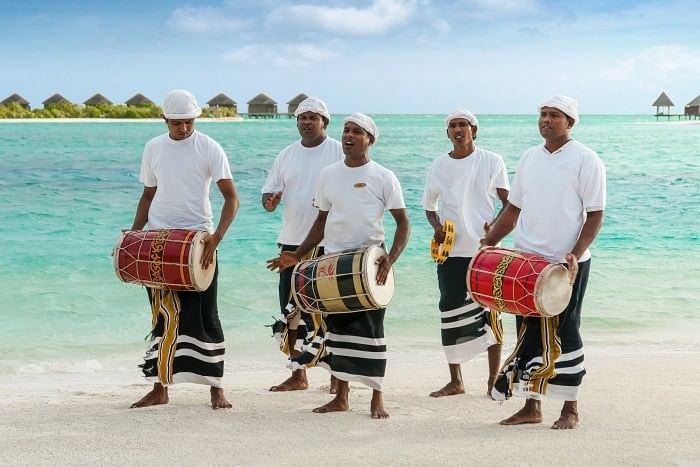
Table of Contents
Table of Contents
- Languages of Maldives: A Complete Guide
- Origin Of Dhivehi: Maldives National Language
- Evolution of Dhivehi: Language Spoken in Maldives
- Characteristics of Dhivehi
- Popular Languages of Maldives
- Languages In Maldives: Beyond Dhivehi
- List Of Languages Of Maldives
- The Role of Language in Maldivian Society
- Conclusion
- Frequently Asked Questions
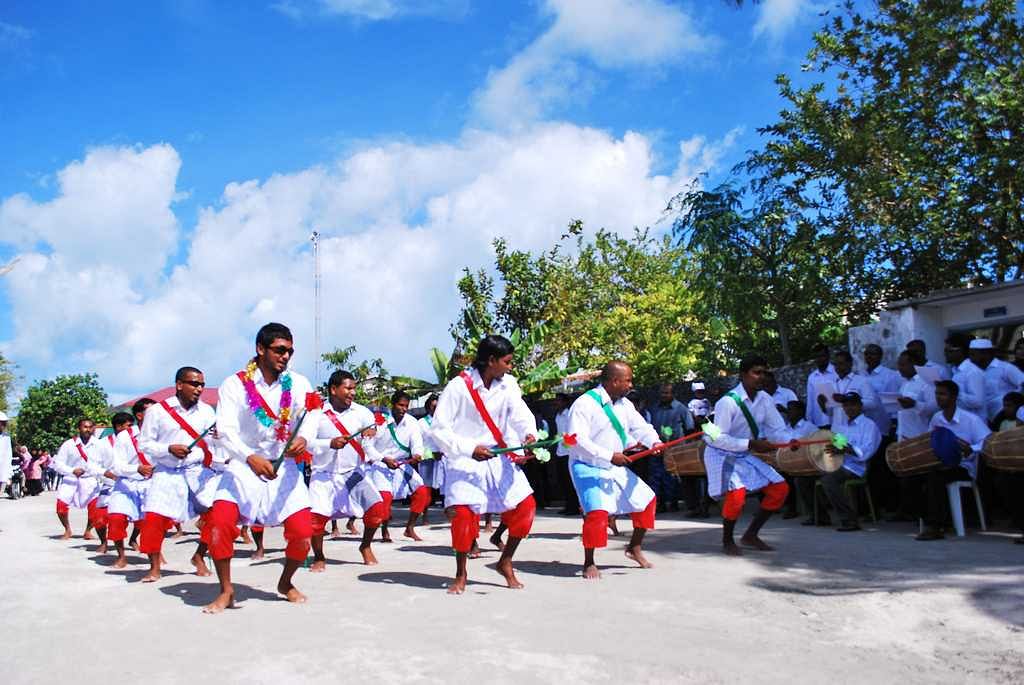
Origin Of Dhivehi: Maldives National Language
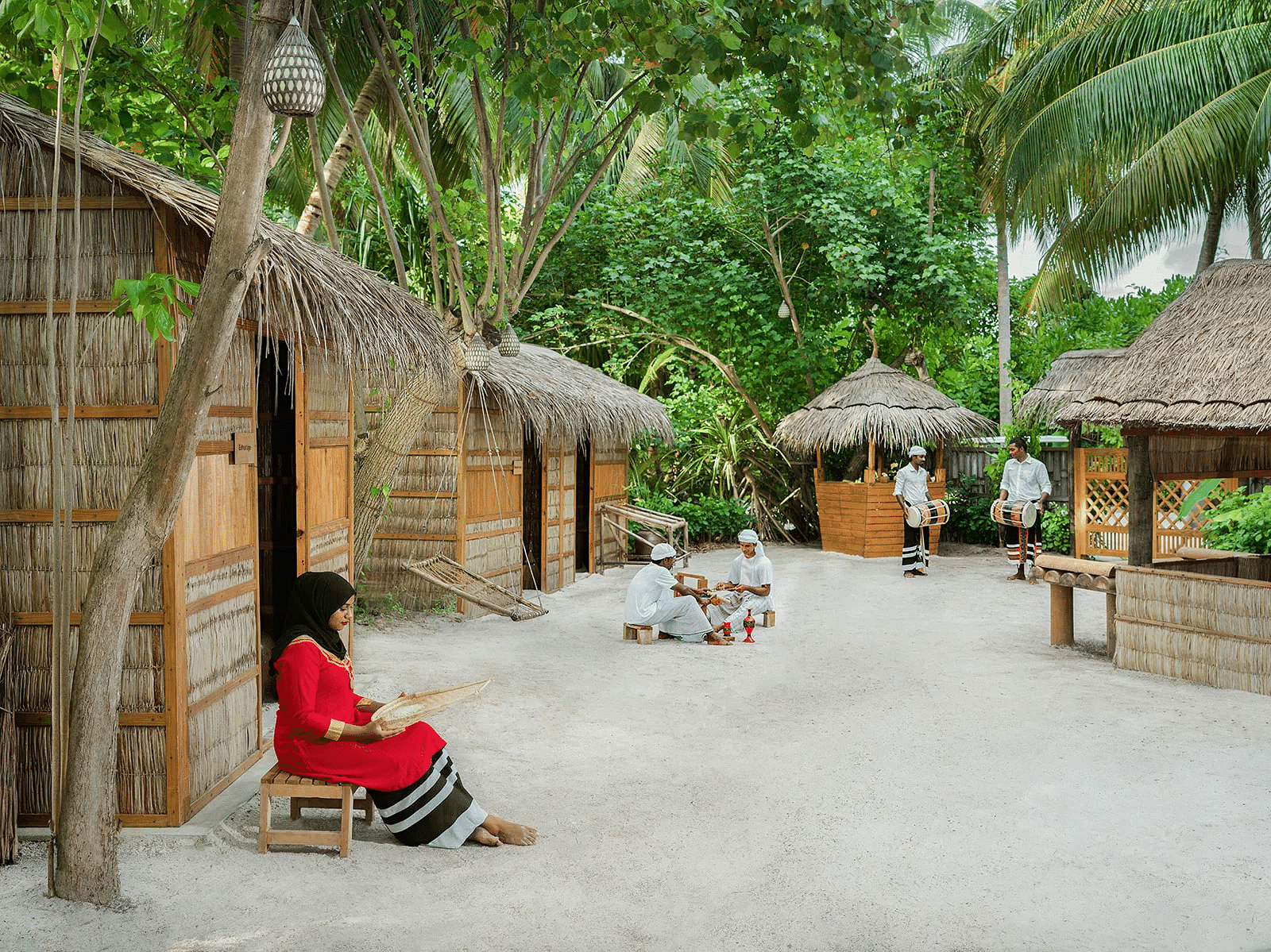
Originating from the Indo-Aryan language family, Dhivehi, the official language of Maldives has developed over centuries, shaped by influences from various languages through the Maldives’ extensive trade connections. Written in the distinctive Thaana script, Dhivehi is utilized in all official matters, educational systems, and daily conversations, bringing together the diverse island populations. Its importance is honoured through traditional literature, music, and storytelling, implanting Dhivehi deeply into the Maldivian way of life.
Evolution of Dhivehi: Language Spoken in Maldives
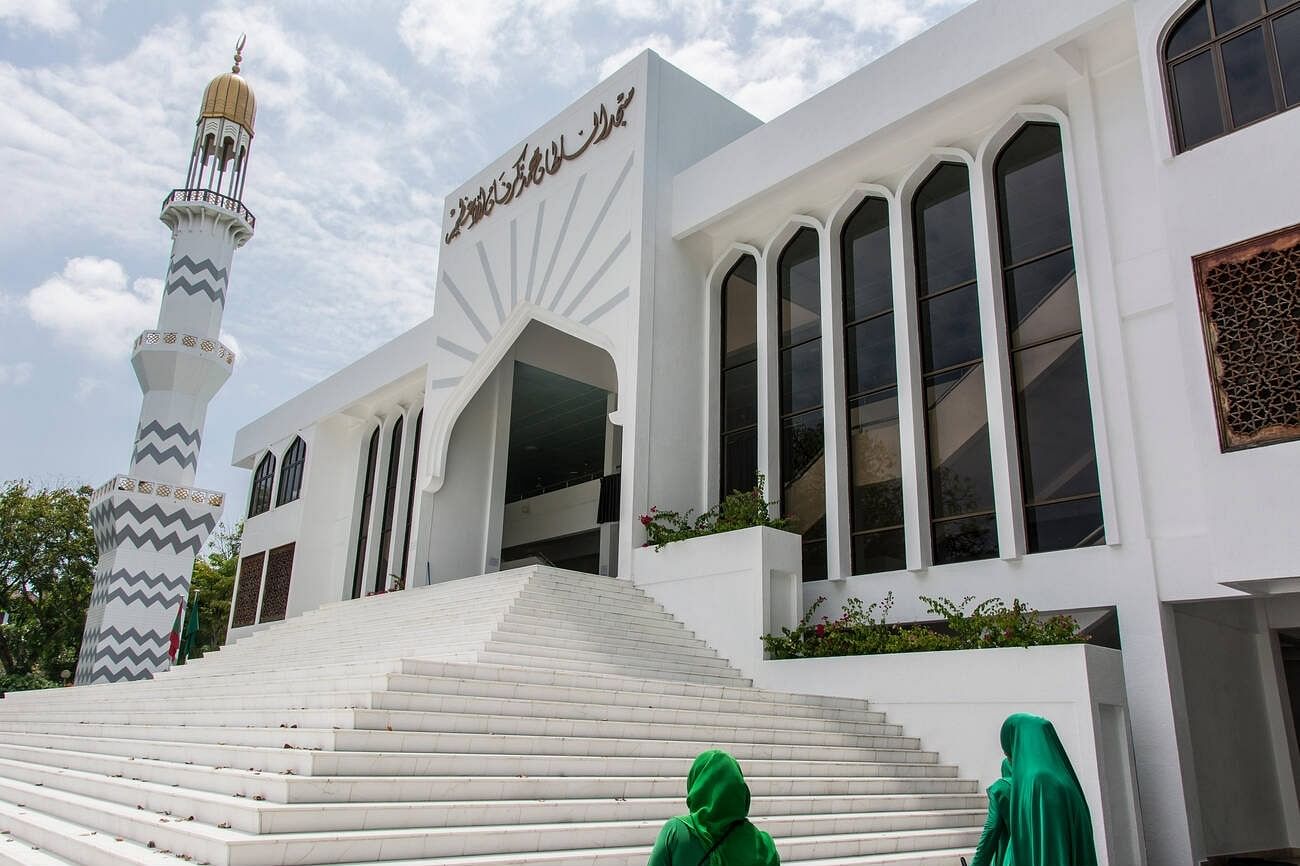
Additionally, the language has developed unique articulation and grammatical features, distinguishing it from its linguistic relatives. This continuous adaptation and enrichment have made Dhivehi a living container of the Maldives’ diverse cultural interactions.
Characteristics of Dhivehi
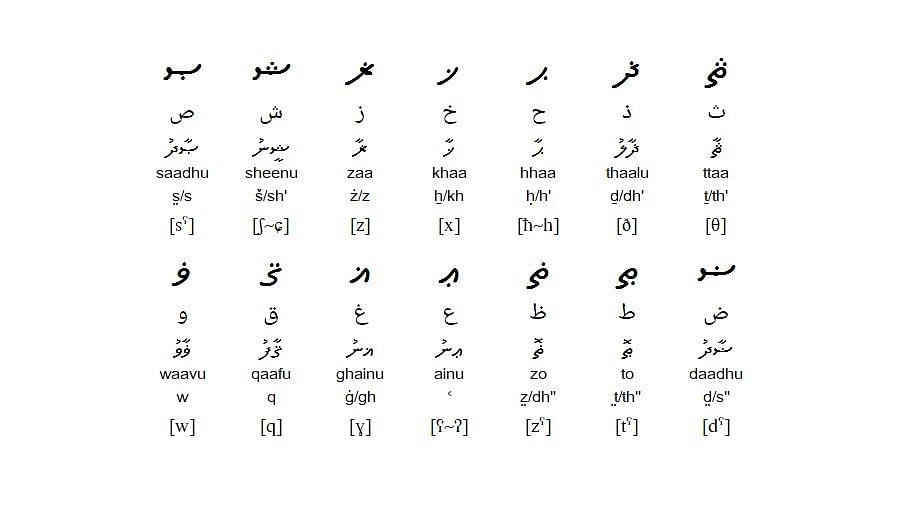
Dhivehi is not a monolith; it features several dialects spoken across the atolls. The Malé dialect is considered the standard form, used in official contexts and media. However, each atoll has its variations, contributing to the linguistic diversity within the country.
Suggested Read: Maldives Visa For Indians: Everything You Need To Know
Popular Languages of Maldives
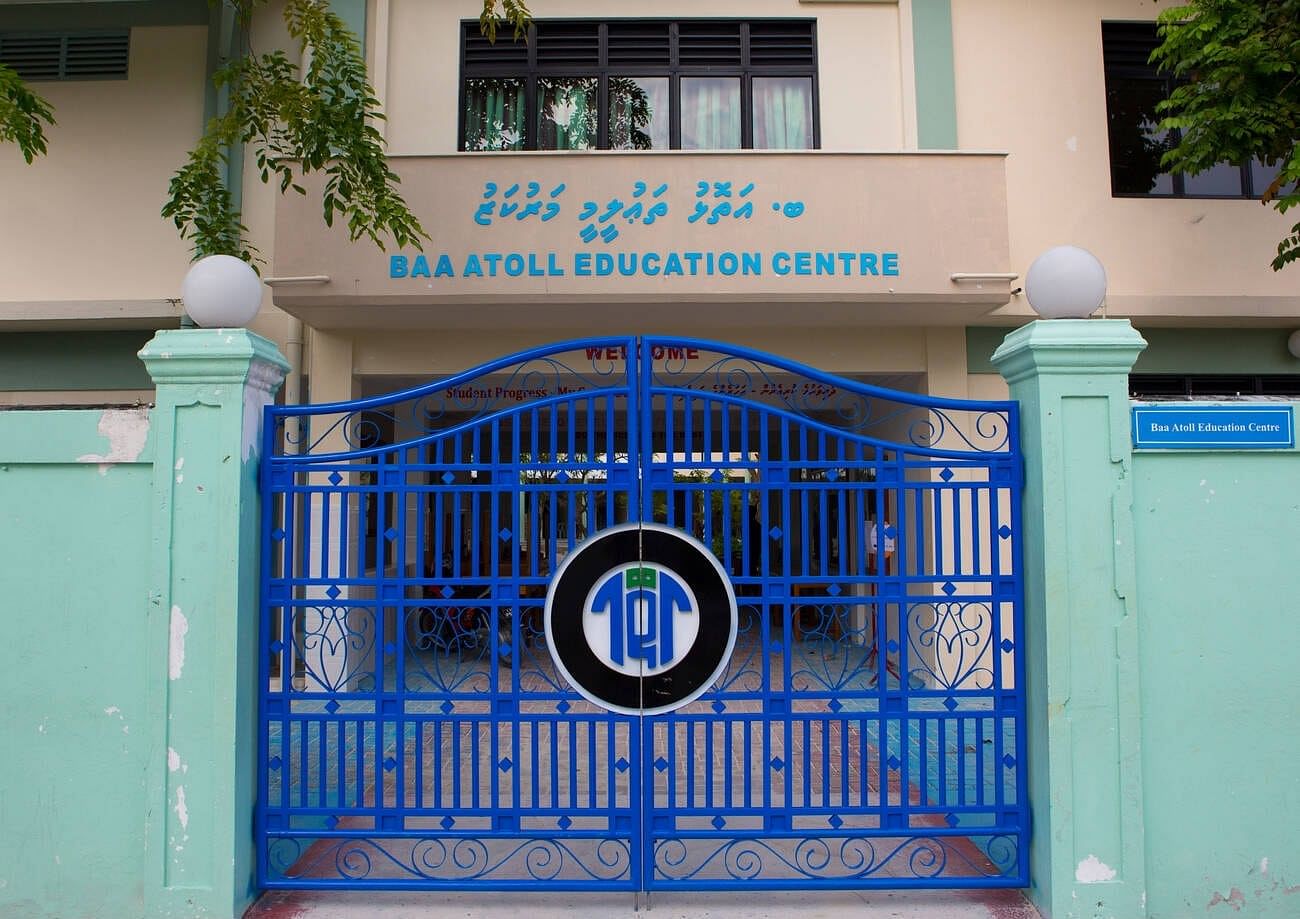
Arabic, due to its religious significance in Islam, is also a prominent language in Maldives. Many Maldivians learn Arabic for religious purposes, as it is the language of the Quran. Moreover, the Maldivian education system incorporates Arabic studies, ensuring a degree of fluency among the populace.
Languages In Maldives: Beyond Dhivehi
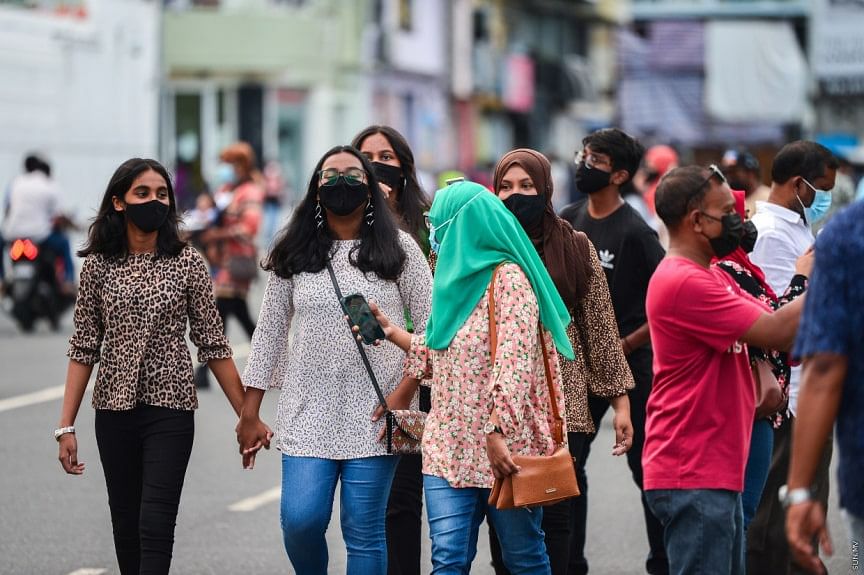
Sinhalese, the language of Sri Lanka, is also spoken in the Maldives. This is because Sri Lanka is nearby, and many Sri Lankan workers are in the Maldives, making Sinhalese an important language there too.
List Of Languages Of Maldives

- Dhivehi: The national and official language of Maldives, Dhivehi is spoken by almost the entire population. It serves as the primary means of communication in government, education, and daily life.
- English: English is widely used, particularly in education, business, and tourism. It is the main medium of instruction in schools and is commonly spoken in the tourism industry, making it an essential language for international communication.
- Arabic: Arabic holds a significant place due to its religious importance in Islam. Many Maldivians learn Arabic for religious purposes, as it is the language of the Quran. It is also taught in schools and religious institutions.
- Hindi and Urdu: With a substantial emigrant community from South Asia, Hindi and Urdu are commonly understood and spoken, especially among the Indian and Pakistani populations. These languages facilitate communication within the community and in various business sectors.
- Sinhalese: Given the close geographical proximity and cultural ties with Sri Lanka, Sinhalese is spoken by the Sri Lankan community in the Maldives. It is particularly widespread in areas with a higher concentration of Sri Lankan emigrants.
- Other Languages: Due to the Maldives’ status as a global tourism hotspot, other languages such as French, German, Italian, and Chinese can also be heard, primarily in tourist areas. Visitors and immigrants working in the tourism industry often speak these languages.
Suggested Read: Top 30 Places To Visit In Male Maldives
The Role of Language in Maldivian Society
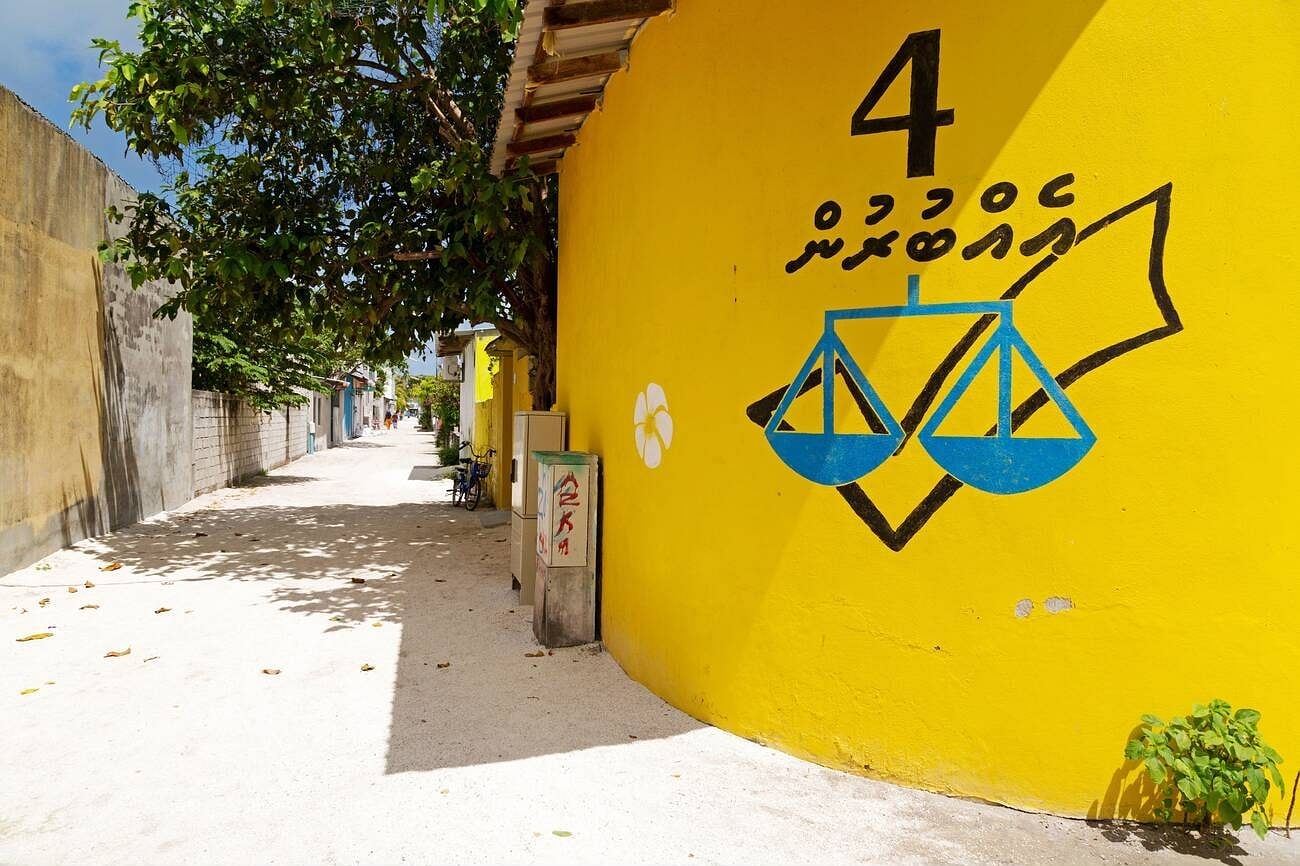
In contemporary Maldives, the government and educational institutions are keen on promoting Dhivehi while also encouraging multilingualism. This approach ensures that Maldivians can engage with the global community while maintaining their linguistic roots.
Conclusion
Get exclusive travel insights & updates into your inbox!
*By clicking subscribe you'll receive emails from WanderOn.
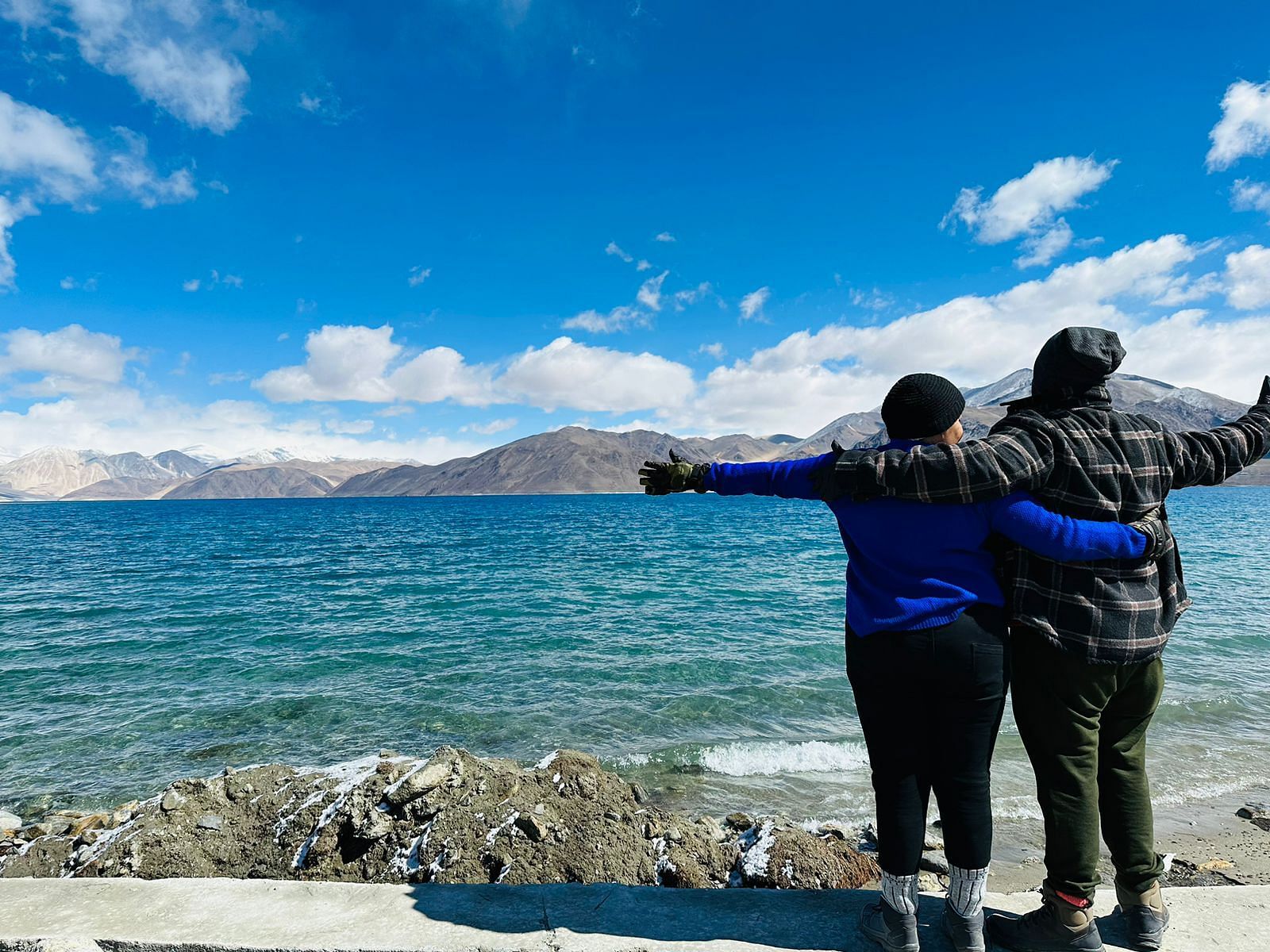
Shrutika Parab
★★★★★24 May 2024
“Thank you Team Wanderon for the amazing Ladakh Experience. Right from the point of making the bookings with Mr. Chakshu to the point of completion of the trip received amicable support.
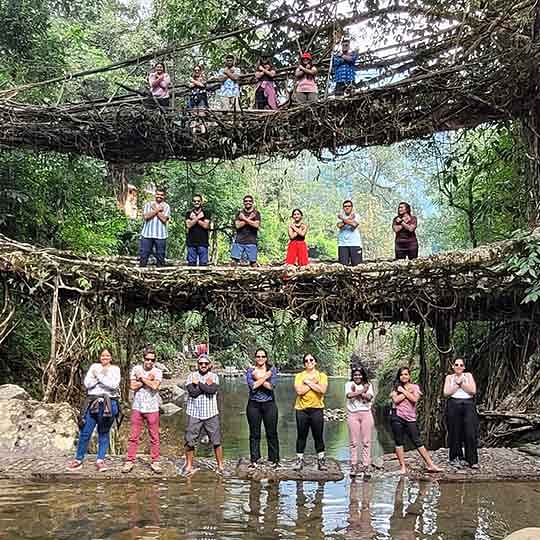
Sonal Shekhar Dash
★★★★★9 May 2024
“I did my first solo trip in India with WanderOn. Initially I was sceptical about their Meghalaya-Kaziranga trip as I didn't have any prior experience with them but the team assured me that it's going to be one of the best experiences of my life.

Archana Awati
★★★★★30 Apr 2024
“In Ladakh, find the perfect blend of culture, adventure, and serenity. December last year I decided that my next trip would be Ladakh but didn’t know how to go about it. I knew I wanted to travel in a group, as I had prior experiences of traveling in a group but wanted an organiser I could trust. Ladakh isn’t like other destinations wherein you need some instructions due to the high altitudes.
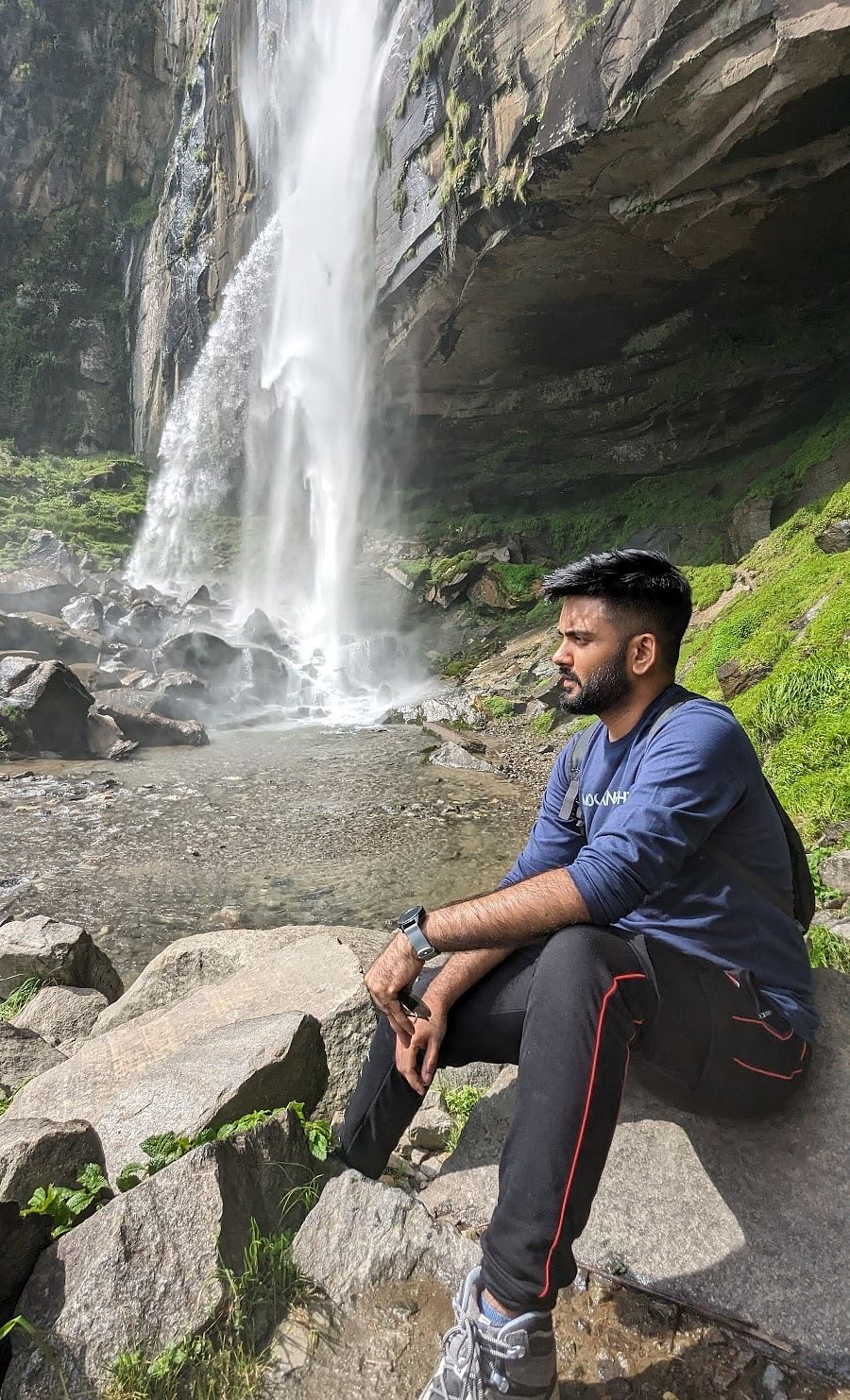
Kartik Dilawari
★★★★★4 Jul 2024
“After an amazing trip to Tirthan with WanderOn, I decided to go to Manali-Jispa with them and yet again, the experience was worth every penny. The place was very beautiful and the quality of service was top-notch, the itinerary was very good and the quality of transportation and stays were very good. Had an awesome time there and made some good friends as well. Lastly, our trip captains Priyasha and Rachit managed the entire trip very well and were so fun and made our trip an experience worth remembering.
FAQ'S
01
How many official languages does the Maldives have?
The official languages of Maldives are Dhivehi and English. Dhivehi is the national language of Maldives, while English is commonly used.
02
Is Hindi spoken in Maldives?
03
What are the major languages of Maldives?
WanderOn Special

WANDERON EXPERIENCES PVT LTD
CIN-U63040HR2019PTC118957
3rd Floor, Building No-436, Phase IV, Udyog Vihar, Sector-18, Gurugram, Haryana-122015


